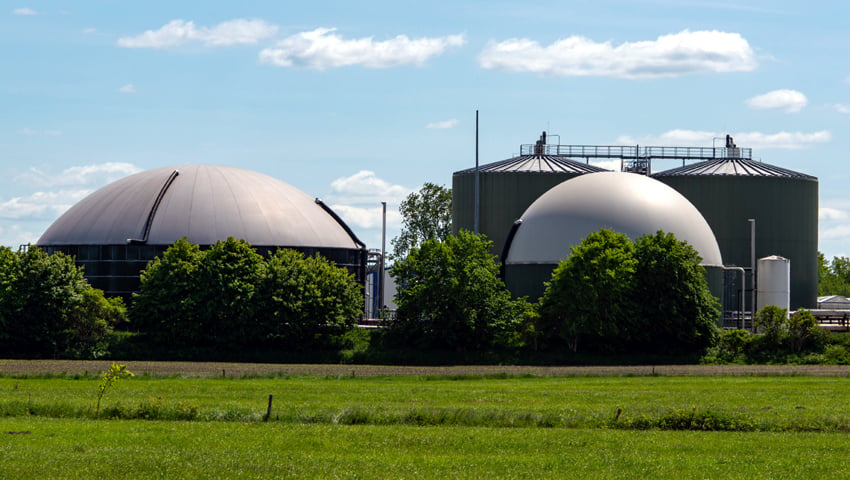A LOW-TECH solution to help farmers make more money from their muck could also help reduce the spread of antibiotic resistance from sewage and manure, according to scientists at The James Hutton Institute in Aberdeen and Centre for Environmental Health and Engineering (CEHE) in Surrey.
Adding conductive materials, such as biochar, to anaerobic digestors when processing sewage sludge and manure on farms has been proven to help boost biomethane production, which can then be sold.
But now it’s also been found that adding relatively low-cost additive materials like biochar to the process could also help reduce the prevalence of antimicrobial resistance genes (ARGs) by more than 90%.
Mac-Anthony Nnorom, an environmental health researcher at CEHE and PhD student at the Hutton, who led the review, said “As these materials have already been shown to also help increase biomethane production from anaerobic digestion, it’s a win-win, especially as there isn’t any other financial incentive to reduce ARGs in their muck. However, this approach should not be seen as a panacea and more research is required.”
Antimicrobial resistance develops when germs like bacteria and fungi develop the ability to defeat the drugs designed to kill them. ARGs can pass between microorganisms, spreading resistance, and it’s known that sewage sludge and animal manure contain significant levels of them and that these can then get into the wider environment.
According to the researchers’ review, which has been published in the Journal of Hazardous Materials, pig and chicken manure tended to have both more and more diverse ARGs compared with cattle and sheep.
Review co-author and Hutton senior environmental microbiologist Dr Lisa Avery adds “While it’s generally accepted that ARGs have been around since before antibiotics were discovered and arise naturally, their evolution has been exacerbated by the extent to which antibiotics are now used. As antibiotics are not fully digested by humans or animals, 30-90% of any one dose enters the environment through sewage and slurry.”
Treatment of sewage sludge and slurry to remove ARGs is not mandated, but use of sustainable and easy to use conductive materials for this purpose has gained popularity recently and this new review now provides some evidence of its effectiveness.
